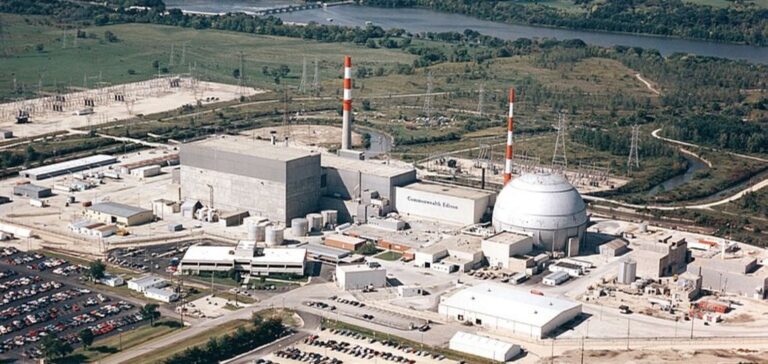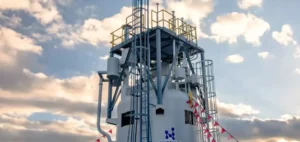Dresden’s nuclear reactors could operate until 2051 following a license renewal application, supported by Illinois’ recent energy policies. Submission of the license renewal application to the NRC (Nuclear Regulatory Commission) initiated a detailed regulatory review that will take place over several years, including on-site inspections, environmental reviews and public participation. This process will be divided into two parts: one for safety issues and the other for environmental issues.
History and background of the Dresden units
The Dresden reactors, two boiling water reactors, went into commercial operation in 1970 and 1971. They have already benefited from a first license renewal by NRC, allowing them to operate until 2029 and 2031. An early closure had been envisaged in November 2021 if political reforms had not been adopted in Illinois.
Legislative support and impact of the Inflation Reduction Act
In September 2021, Illinois passed legislation valuing the zero-carbon benefits of nuclear power, allowing both facilities to receive credits that prevented their premature closure. The Inflation Reduction Act, passed the following year, also supported the continued operation of the US nuclear fleet for at least nine years.
Statement by Joe Dominguez, President of Constellation
Joe Dominguez, President and CEO of Constellation, emphasized the importance of nuclear power in American clean energy production, noting that the extension of operational licenses will contribute more to the grid than all the renewables already built in the United States. He also highlighted Constellation’s annual investments in its nuclear fleet to maintain these essential “economic engines”.
In February, Constellation also applied for a 20-year license renewal for its Clinton nuclear power plant in Illinois, marking the first license renewal for this unique boiling water reactor, in commercial operation since 1987 and currently licensed until April 2027.






















